4 min read
•Steel, ammonia and AI? Oh my! What can’t our CCS help decarbonize?
- We’re scaling up carbon capture and storage (CCS) technology.
- We’re leading the way in helping U.S. industries use CCS to meet demand for lower-carbon products.
- Next up: We’re working to expand our customers to include data centers to support AI growth.
4 min read
•If you’re keeping tabs on carbon capture and storage, you already know ExxonMobil’s doing more than any other company to advance this emissions-reduction technology.
Our customers include key industries such as steel, ammonia and hydrogen. So far, we’ve agreed to transport and store more than 14 million tons of captured CO2 a year* – far more than any other company.
But beyond those numbers is a bigger story: the expanding breadth of industries we’re serving.
In fact, right now ExxonMobil is well along in a plan to leverage our carbon capture and storage (CCS) system to generate low-carbon electricity for data centers in the United States.
That’s right: data centers. We’re working to develop a solution to meet the urgent need for computing power driven by the increasing use of artificial intelligence (AI). We believe this area could account for up to 20 percent of the total addressable market for CCS in 2050.
Our project would be a first of its kind. As outlined today in our corporate plan update, here’s how it would work:
- We’d build a facility that would use natural gas to generate a significant amount (> 1.5 gigawatts) of high-reliability electricity for a data center, and look for opportunities to source low-carbon-intensity natural gas like the kind we’re producing in the Permian Basin.
- We’d use carbon capture to remove more than 90 percent of the associated CO2 emissions, then transport the captured CO2 to safe, permanent storage deep underground.
- The facility would be detached from existing grid infrastructure, as well as independent of utility timelines. This means it can be installed at a pace that other alternatives, including U.S. nuclear power, cannot match.
Because new solutions are needed quickly to support AI growth, we’re moving fast – leveraging our advantages of integration, operational scale and project expertise. We’re well into front-end engineering design (FEED) on this project and engaged with potential customers.
“We’re in a unique position to provide low-carbon power at large scale on a very competitive and accelerated timeline,” said Dan Ammann, president of our Low Carbon Solutions business.
It’s just the latest example of how ExxonMobil is leveraging our 30+ years of experience and industry-leading CCS system to reduce the carbon footprint of the products and services the world relies on daily.
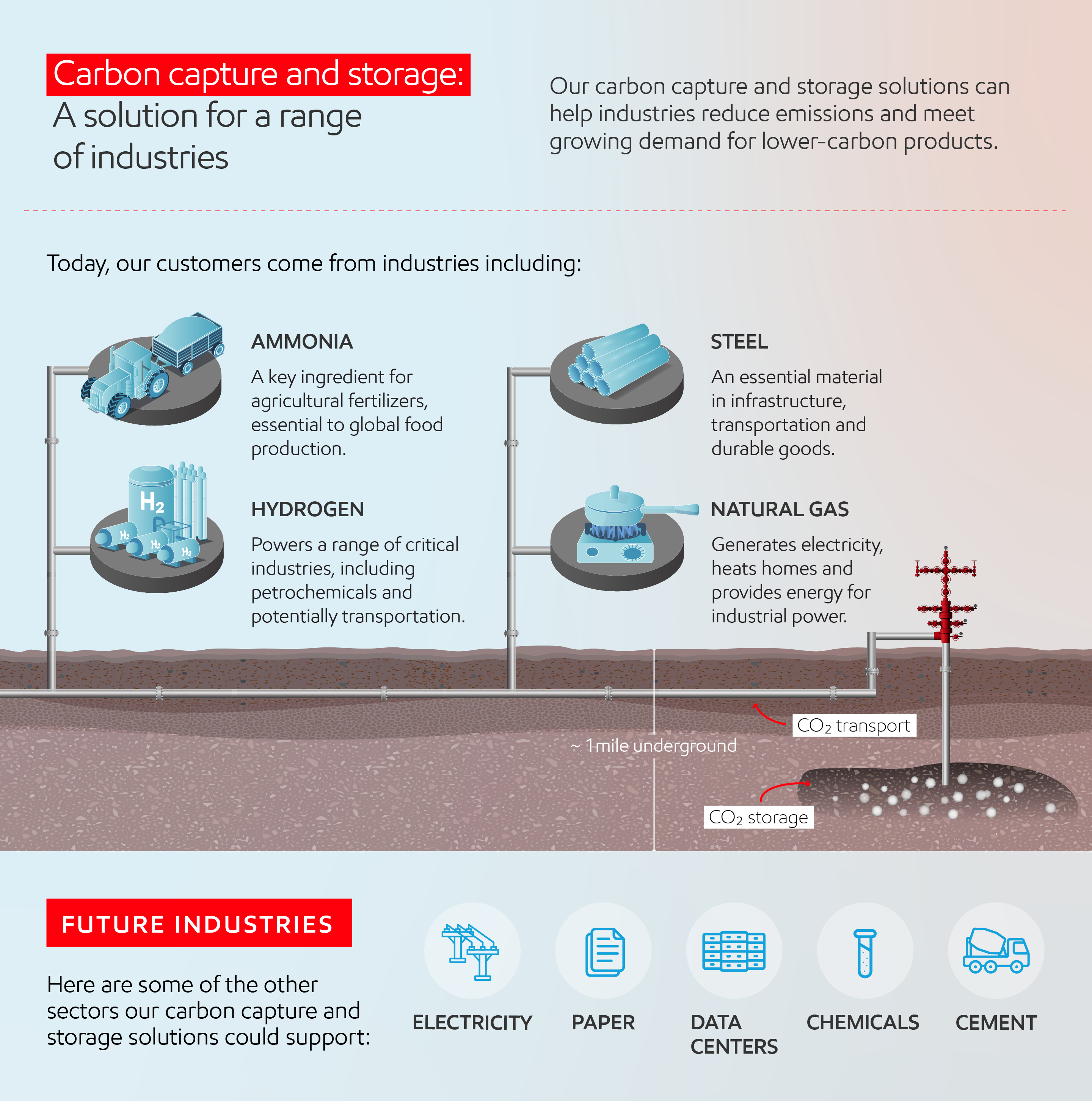
CCS: An advantage for the United States
It’s no coincidence that all our CCS customers (so far) are in U.S. Gulf Coast states.The region has a trifecta of advantages: a large concentration of industries, access to existing CO2 pipelines and proximity to large CO2 storage sites. Other areas of the world are working to advance CCS, but none has this much going for it.
U.S. industries can leverage CCS to gain an advantage in meeting global demand for products like lower-carbon steel.
That’s good for the U.S. economy and jobs: Texas, Louisiana and Mississippi – the three states where we’ve announced CCS customers – account for 10 percent of America’s 13 million manufacturing jobs. They’re also essential to U.S. exports of manufactured goods (which hit a record $1.6 trillion in 2023).
In the case of our data center project, CCS can help the U.S. maintain its lead in the global race to scale up AI capabilities.
What’s next?
Expect to see more announcements about U.S. customers who’ve chosen CCS to reduce their emissions, and chosen ExxonMobil to provide that solution.
When you do, remember it’s not just good news for global emissions-reduction goals, but also for America’s economic future.
*Includes: up to 6.7 MTA contracted for third-party customers; up to 7.5 MTA for the Baytown low-carbon hydrogen project, pending FID.
Newsroom
Stay up to date with the latest news and information
Explore more
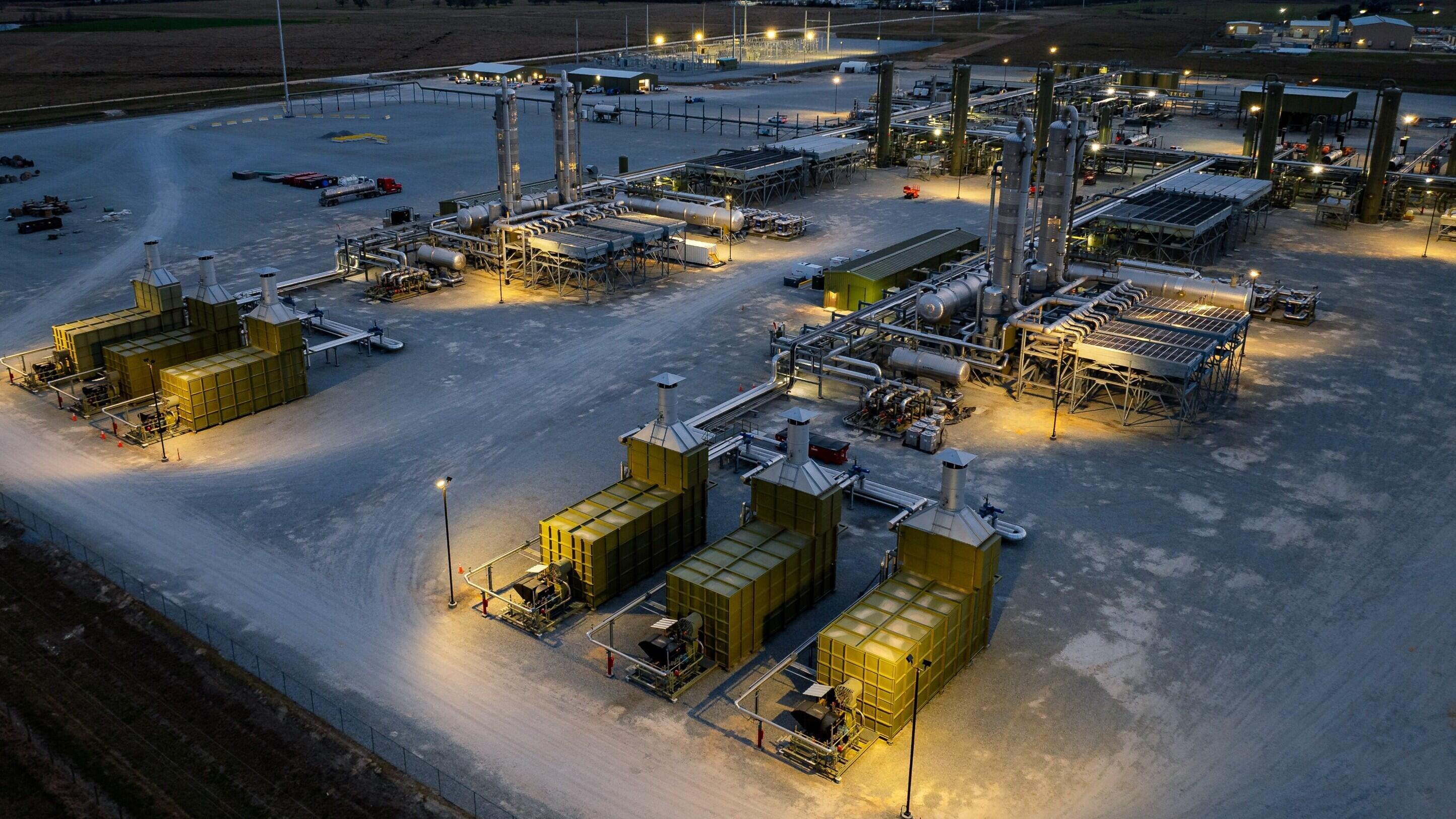
Expanding our CCS operations in Louisiana with another project startup
2 min read
•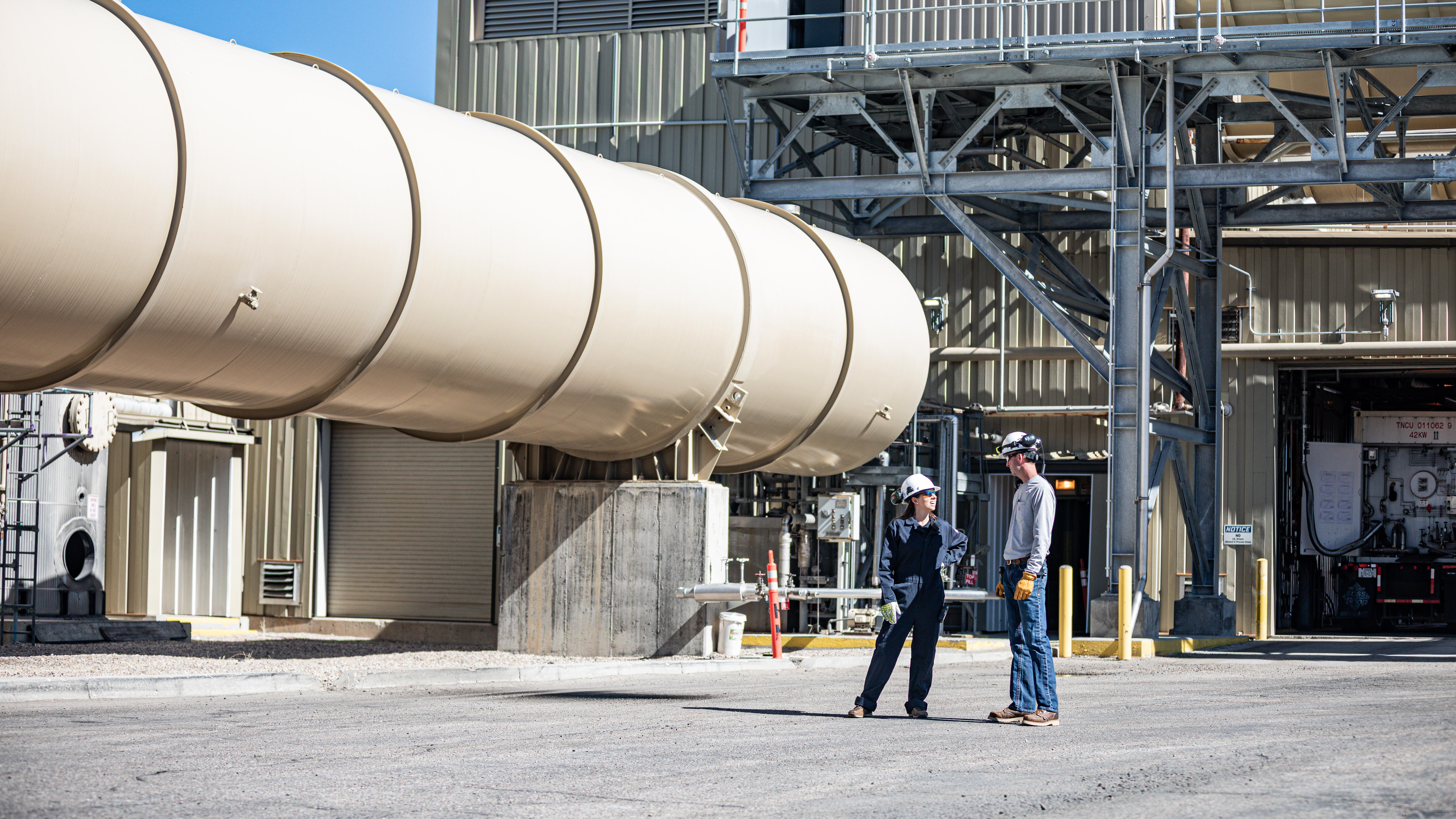
2025: Taking carbon capture and storage from momentum to impact
2 min read
•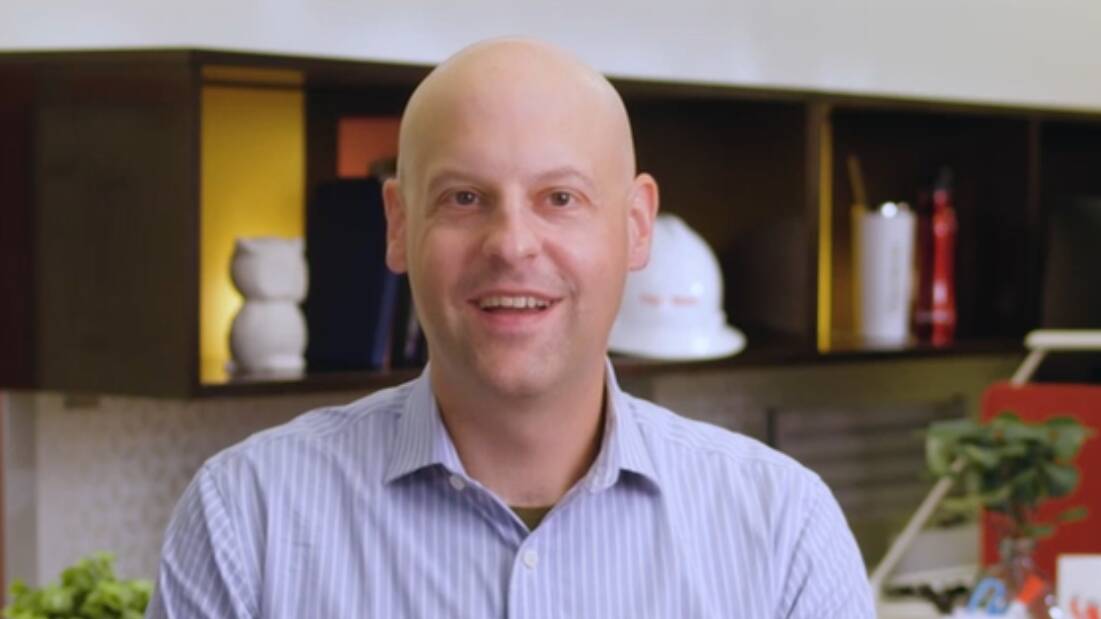
Capture it. Move it. Store it: Three steps for reducing CO2 emissions
2 min read
•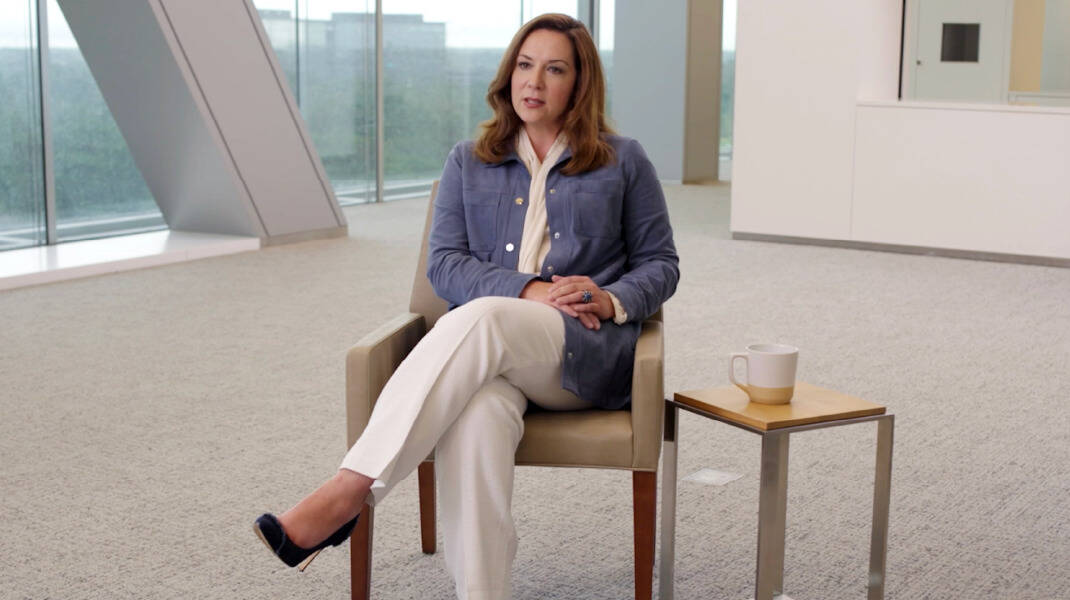
How we’re capturing carbon and storing it safely
2 min read
•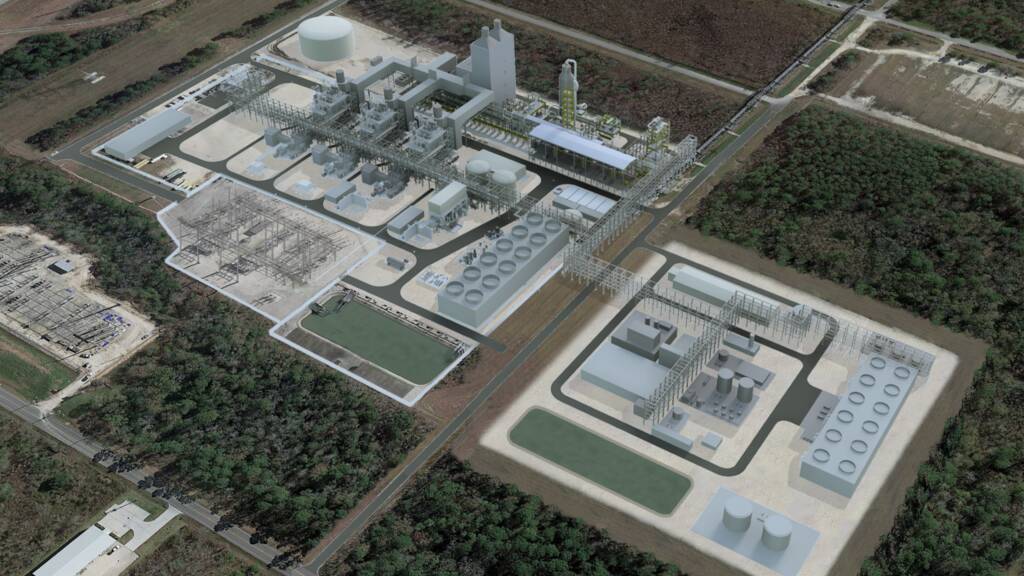
Calpine, ExxonMobil sign CO2 transportation and storage agreement for power generation project
2 min read
•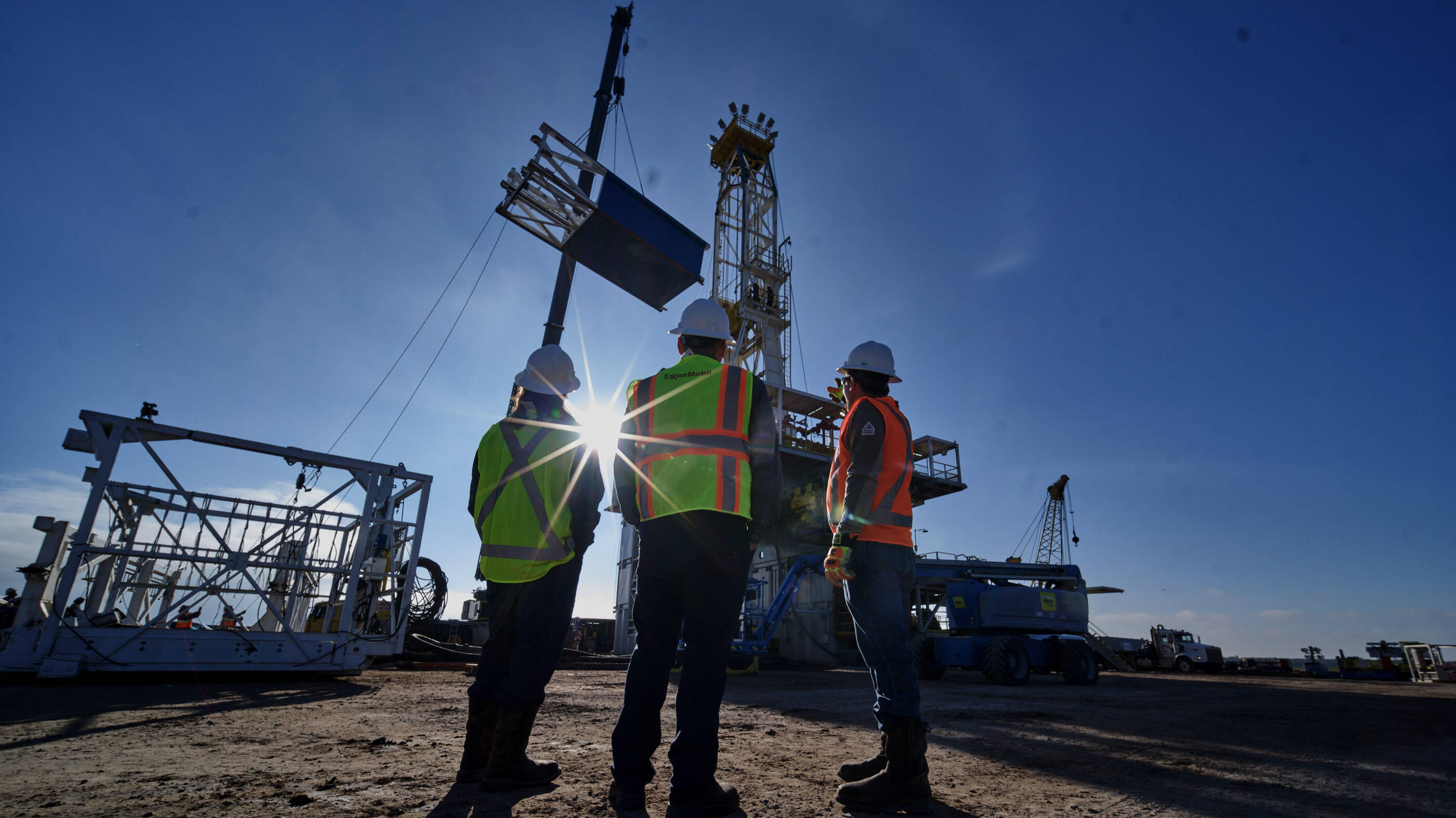
2024: A breakout year for our carbon capture and storage business
3 min read
•